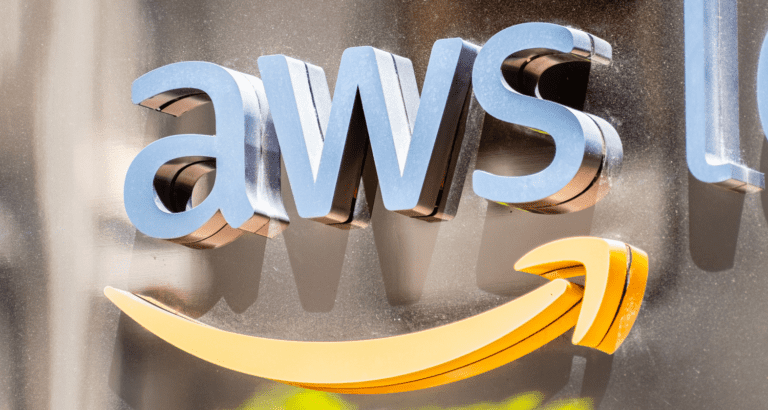Amazon Web Services (AWS) is presenting a new sovereign cloud in Europe. This new sovereign cloud will consist of multiple regions operating independently and decoupled from the existing AWS cloud. Also, management, maintenance and support will be done by European citizens employed by AWS and also residing in Europe. With this, AWS now has a full-fledged sovereign cloud offering.
AWS’ first sovereign cloud region will be in Germany. To that end, AWS is working closely with the Germany Federal Office for Information Security (BSI). This new region must comply with the C5 established by the BSI, or Cloud Computing Compliance Criteria Catalogue. The sovereign cloud region will be available to all customers in the EU. More sovereign cloud regions should follow in other EU countries after that.
Also read: AWS never talks about sovereign cloud, but definitely has it, says Amazon CSO
AWS Sovereign Cloud fully based on proven AWS technology
Although the AWS Sovereign Cloud regions will operate separately from the already existing AWS cloud, they do leverage existing proven technologies. For example, the AWS Nitro System provides clear separation between virtual workloads and builds a security layer around them. Also, the sovereign cloud gets the same scalability that people are used to from the cloud.
For organizations that are already familiar with AWS and would like to migrate to the new sovereign cloud, there is also good news. In terms of managing the AWS cloud, all solutions and APIs are identical. Existing technologies and software already compatible with AWS can be quickly deployed in AWS’ sovereign cloud.
AWS is a bit late with the sovereign cloud offering
Although AWS states in a blog that it has always believed customers should have complete control over their data and choice in managing and securing their data in the cloud, its sovereign cloud offering is a bit late. AWS is now announcing the first sovereign cloud region, but many competitors such as Microsoft, Google and Oracle came out with this last year. The question is how these offerings will compare to the competition and what customers ultimately choose.
The choice of a sovereign cloud is based on regulation and how well a particular cloud environment fits within the rules. There are many European regulations, as well as industry-specific and even national regulations, that specific organizations must comply too. On top of that NIS2 will soon become active which creates even more regulation.
Also read: EU presents final text of NIS2 directive
